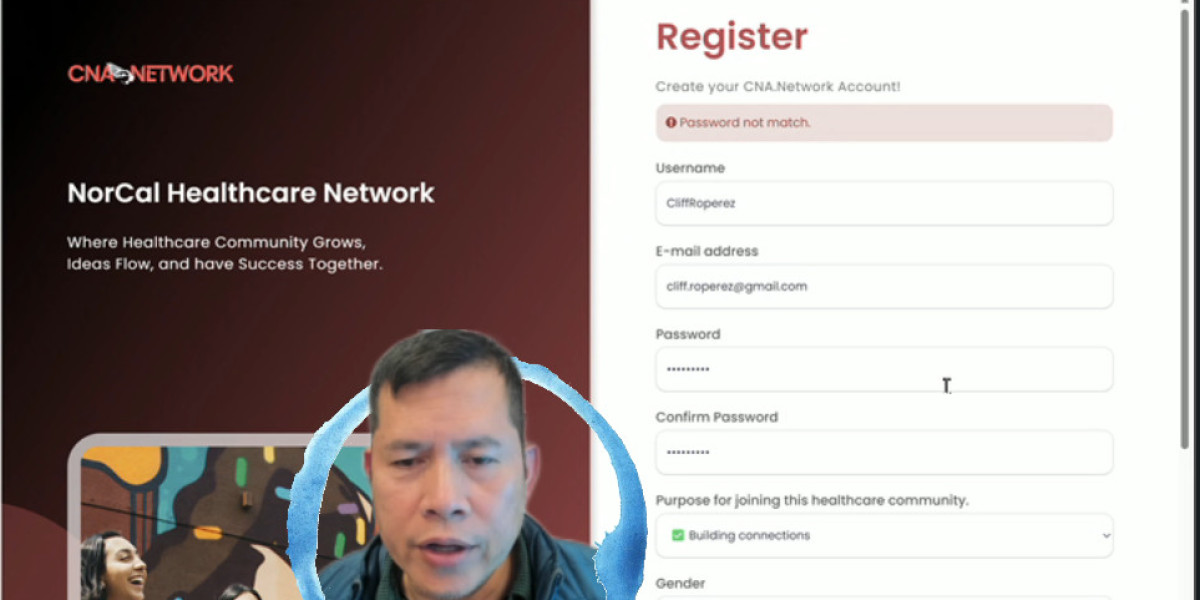Personalized Mental Health Assessments: A Comprehensive Overview
Mental health assessments are vital for making notified choices concerning specific mental health requirements and services. The evolution of mental health care has actually highlighted the significance of personalized assessments, which consider a person's distinct background, symptoms, and life scenarios. This article intends to provide an in-depth understanding of personalized mental health assessments, their significance, methodology, and future potential customers.
What is a Personalized Mental Health Assessment?
Personalized mental health assessments are tailored assessments that gather comprehensive information about a person's mental and emotional wellness. Unlike standardized assessments that apply a one-size-fits-all technique, personalized assessments focus on the customer's special experiences and challenges. These assessments can consist of a range of tools and approaches, such as questionnaires, interviews, and observational assessments.

Value of Personalized Assessments
- Holistic Understanding: They consider a person's total history, consisting of biological, psychological, and social elements.
- Uniqueness: They can target particular conditions or issues, leading to more efficient treatment options.
- Improved Engagement: Personalized assessments typically result in higher rates of customer engagement considering that people feel recognized and comprehended.
- Enhanced Outcomes: Tailored assessments can result in more proper interventions, ultimately enhancing mental health outcomes.
Approach of Personalized Mental Health Assessments
The process of performing a personalized mental health assessment generally includes numerous essential steps. Below is a breakdown of these steps:
1. Preliminary Consultation
During the preliminary consultation, the mental health professional gathers initial details through open-ended questions. This discussion is essential for constructing connection and trust, which assists in deeper conversations.
2. Comprehensive History Taking
This action involves collecting in-depth info about the person's:
- Psychological History: Previous mental health medical diagnoses, treatment history, and household history of mental disorder.
- Physical Health: Medical conditions, medication usage, and lifestyle factors.
- Social Environment: Relationships, work-life balance, and stress factors or trauma experienced.
3. Standardized Tools and Questionnaires
Making use of standardized tools can help quantify mental health symptoms and help with contrasts. Some popular tools consist of:
- Beck Depression Inventory (BDI)
- Generalized Anxiety Disorder 7 (GAD-7)
- Patient Health Questionnaire-9 (PHQ-9)
While these assessments supply crucial insights, they must not overshadow the personalized technique.
4. Observational Assessment
Observations during sessions can supply important context that numbers and histories might not catch. Mental health experts evaluate non-verbal hints, emotional responses, and behavioral patterns.
5. Collective Goal Setting
Once the data is collected, the mental health professional collaborates with the specific to set particular goals. This empowers clients to take ownership of their mental health journey.
Future Trends in Personalized Mental Health Assessments
With developments in technology and increased awareness about mental health, a number of trends are emerging in personalized assessments.
1. Digital Tools
The increase of teletherapy and mental health apps is supplying opportunities for real-time assessments and interventions. Digital platforms can gather information continually, providing a more comprehensive picture of a person's mental well-being.
2. Expert system
As synthetic intelligence (AI) continues to develop, its application in mental health assessments is ending up being more substantial. AI can evaluate vast amounts of data rapidly, recognizing patterns that may not be obvious to human clinicians.
3. Combination of Genetics
Emerging research suggests that genes may influence mental health. Integrating genetic testing into personalized assessments might pave the method for more targeted interventions tailored to an individual's hereditary threats.
4. Interdisciplinary Collaboration
The future of mental health assessments may involve collective methods that incorporate insights from various disciplines, such as social work, psychology, psychiatry, and nutrition.
Frequently Asked Questions (FAQs)
Q1: How do I understand if I require a mental health assessment?
A: If you're experiencing persistent state of mind modifications, anxiety, difficulty in functioning at work or in social situations, or have a household history of mental disorder, it might be beneficial to look for a mental health assessment.
Q2: Are personalized assessments more accurate than standardized tests?
A: While personalized assessments supply a holistic view of a person's mental health, standardized tests offer particular procedures of signs. The precision frequently depends upon the private and their needs, making a combination of both beneficial.
Q3: How long does a personalized mental health assessment take?
A: The period of an assessment can differ, however it usually lasts in between one to 2 hours, followed by extra time for follow-ups and setting goal.
Q4: Can personalized assessments be conducted online?
A: Yes, many mental health experts provide virtual assessments through secure online platforms, making them available and convenient for customers.
Q5: What should I expect during a personalized mental health assessment?
A: Expect a series of questions covering different aspects of your mental health, emotions, and life scenarios. The assessment process is collaborative, permitting you to reveal your issues and experiences freely.
Personalized mental health assessments represent an essential shift in how mental health services are delivered. By focusing on individual differences, these assessments pave the way for tailored interventions that improve the effectiveness of mental health care. As the field continues to develop, embracing development and comprehensive methods becomes necessary to satisfying the diverse needs of people seeking support.
In general, personalized assessments not just guarantee better treatment outcomes but likewise promote a deeper understanding of mental health, leading to more compassionate and reliable care in the long run.









